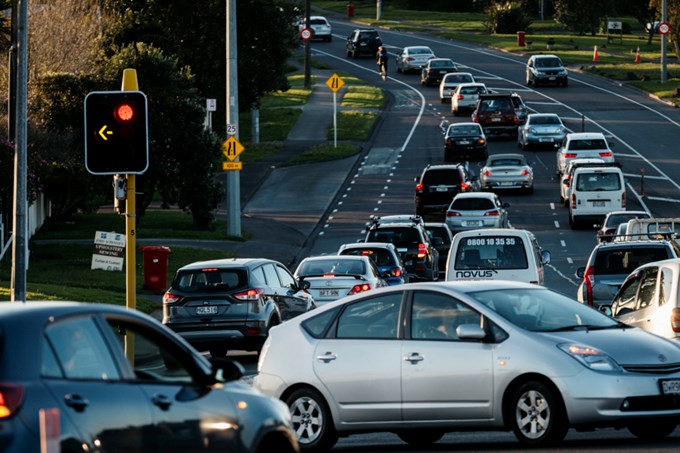Alistair Woodward, Professor of Epidemiology & Biostatistics in the School of Population Health at the University of Auckland, debunks the myths and arguments surrounding lower speed limits on Auckland's roads.
Here are four reasons commonly given for not introducing lower speed limits. None withstand close attention, I suggest.
Speed isn’t the main cause of road crashes
Those opposing speed restrictions might point to pedestrian crashes that resulted from jay-walking or not paying attention, or to collisions between cars with intoxicated drivers. But speed always plays a part, because reaction times and braking distances depend on how fast the vehicle is travelling. And if there is a collision, the severity of injuries is a product of the velocity of the striking object and its mass. This is basic physics.
Also, there is a faulty view of cause and effect in this argument. Just because factor X is a cause, doesn’t mean that factor Y is not important. Cigarettes are not the only cause of lung cancer – does that mean we should abandon efforts to make New Zealand smoke-free? No, of course not. Lack of attention is one cause of a crash, but it makes a big difference to survival prospects whether your distracted self encounters a fast-moving truck or a slow-moving bicycle.
Crashes and injuries are not really increasing
The AT cases for lower speeds emphasizes the 78 per cent increase in road deaths between 2014 and 2017. But in 2018 there were fewer casualties in Auckland than in 2017. And there has been a long-term decline in deaths on the road since the peak of the epidemic in the early 70.
Does this mean there is no cause for alarm? Sure, there is year on year variability, just as there is with any big picture statistic. The number of people passing through Auckland airport for instance. So it doesn’t tell us a great deal comparing just two years. While there has been a long-term improvement in road safety, this positive trend has been interrupted in the last five years. After decades during which the road toll steadily declined, the numbers have started going in the opposite direction. Here is good reason to review what is being done in Auckland to keep people safe on the road.
Crash injuries don’t happen on my street, why should slower speeds apply here?
There are variations on this argument. One could look at the CBD only, or certain streets in the CBD, and ask the same question.
Small numbers of events may hide serious increases in risk – for example the streets in the CBD make up only 0.6 per cent of the total city network, but account for four per cent of all deaths and injuries.
And perhaps more importantly, AT is making policy for the city as a whole. In the first instance, the speed reductions are partial, applying to some stretches of the network and not others. But the fundamental question is – what needs to be done to protect the whole population of Auckland? The analogy might be the shop keeper who says “none of my customers have lung cancer, why should there be limits on selling cigarettes in my shop?”
It has been tried before and it didn’t work
In fact there are many examples of success in cities that have brought in slow speeds. In 2106 Christchurch introduced a 30 kph zone in a large part of the city centre – injury crashes in the following two years fell by a quarter, while they increased 13 per cent in the remainder of the CBD, which was in line with national trends. The introduction of 20 mph reduced speed zones in London led to a 40 per cent reduction in serious injuries in the slow speed areas – there was no sign of risks being transferred to other parts of the city as a result of displaced traffic and impatient drivers.
To sum up: road crash injury is a significant problem in New Zealand; slower speeds reduce the frequency of crashes, particularly those leading to severe injuries; and other countries have shown the way. Speed management programmes are necessary, effective and bring many benefits beside the prevention of road trauma.
Alistair Woodward is Professor of Epidemiology & Biostatistics in the School of Population Health at the University of Auckland. His first degree was in medicine and he undertook his postgraduate training in public health in the UK. He has a PhD in epidemiology from the University of Adelaide. Prior to taking up his post at The University of Auckland in 2004 he was Professor of Public Health at the University of Otago Wellington. Research interests include tobacco, radio-frequency radiation and health, transport and injury, and climate change.


